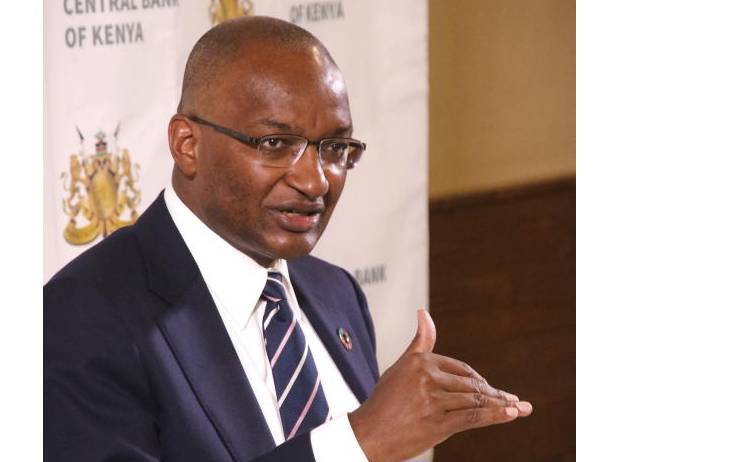×
The Standard e-Paper
Join Thousands Daily

The captains of industry have expressed optimism about the recovery of the economy in the next two months, a yet-to-be-released market perception survey by the Central Bank of Kenya (CBK) shows.